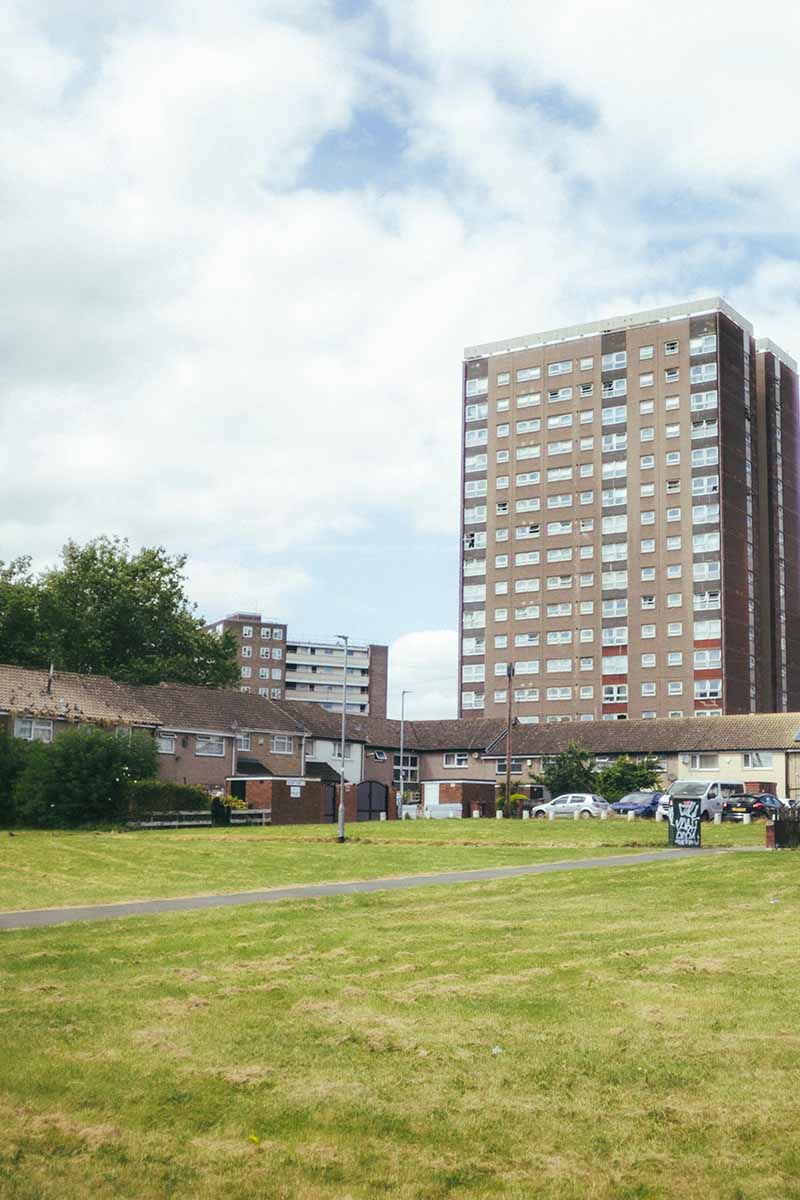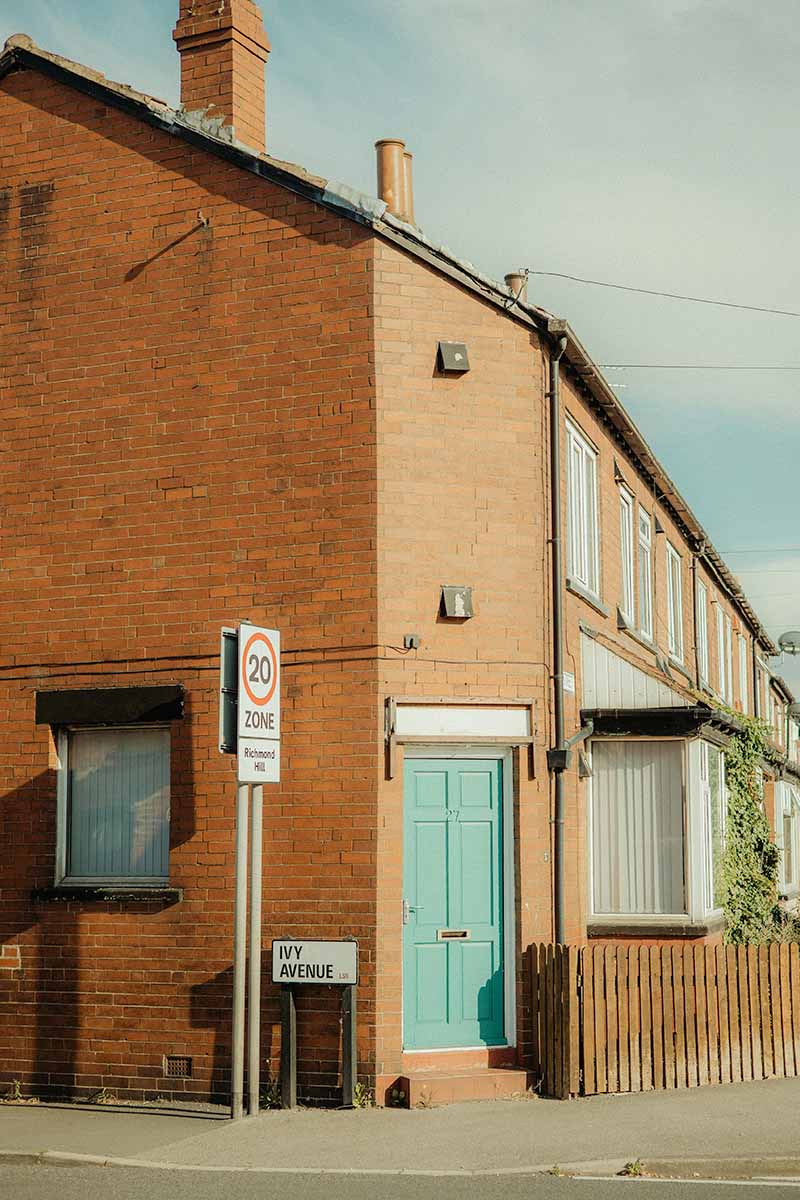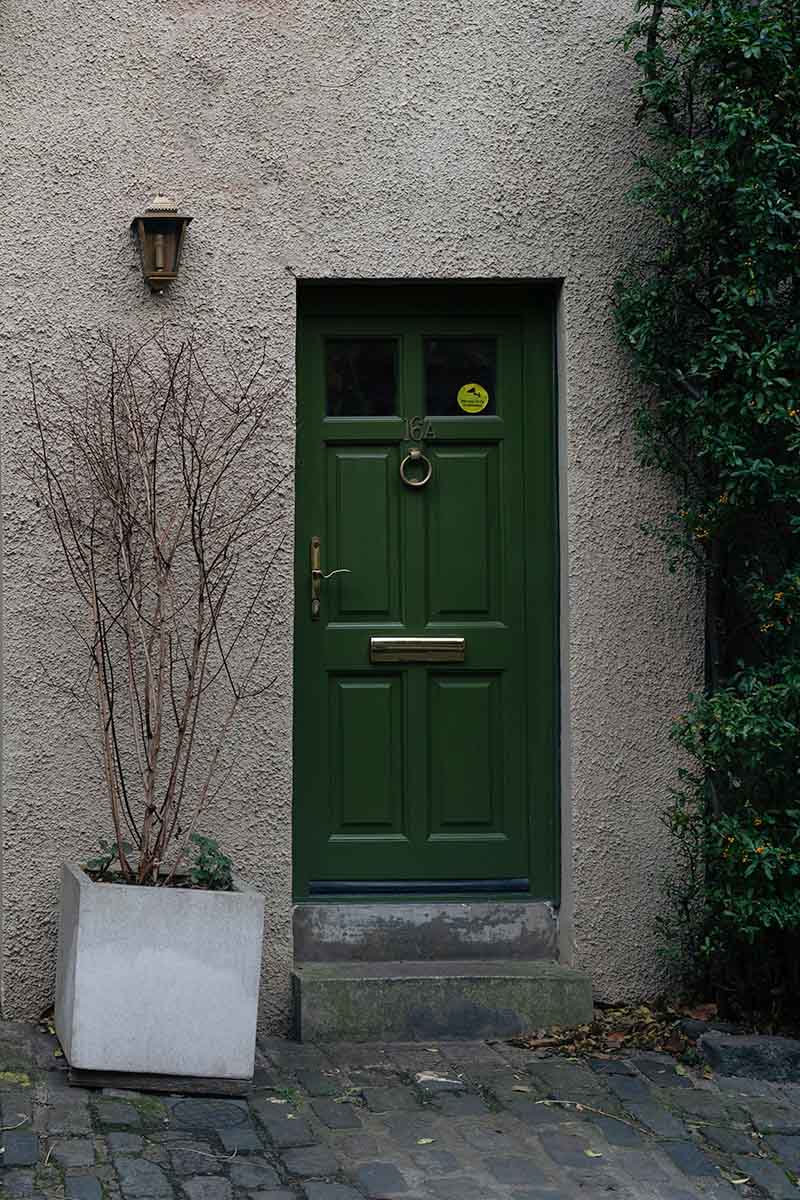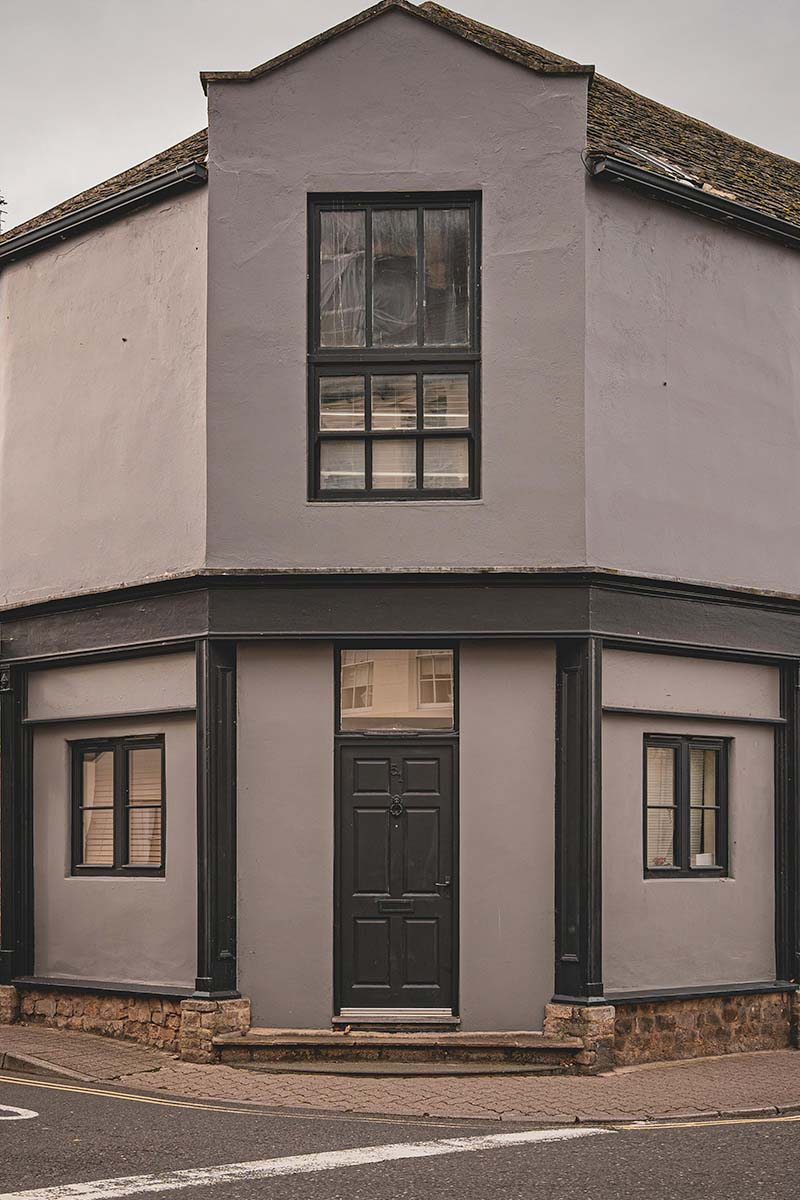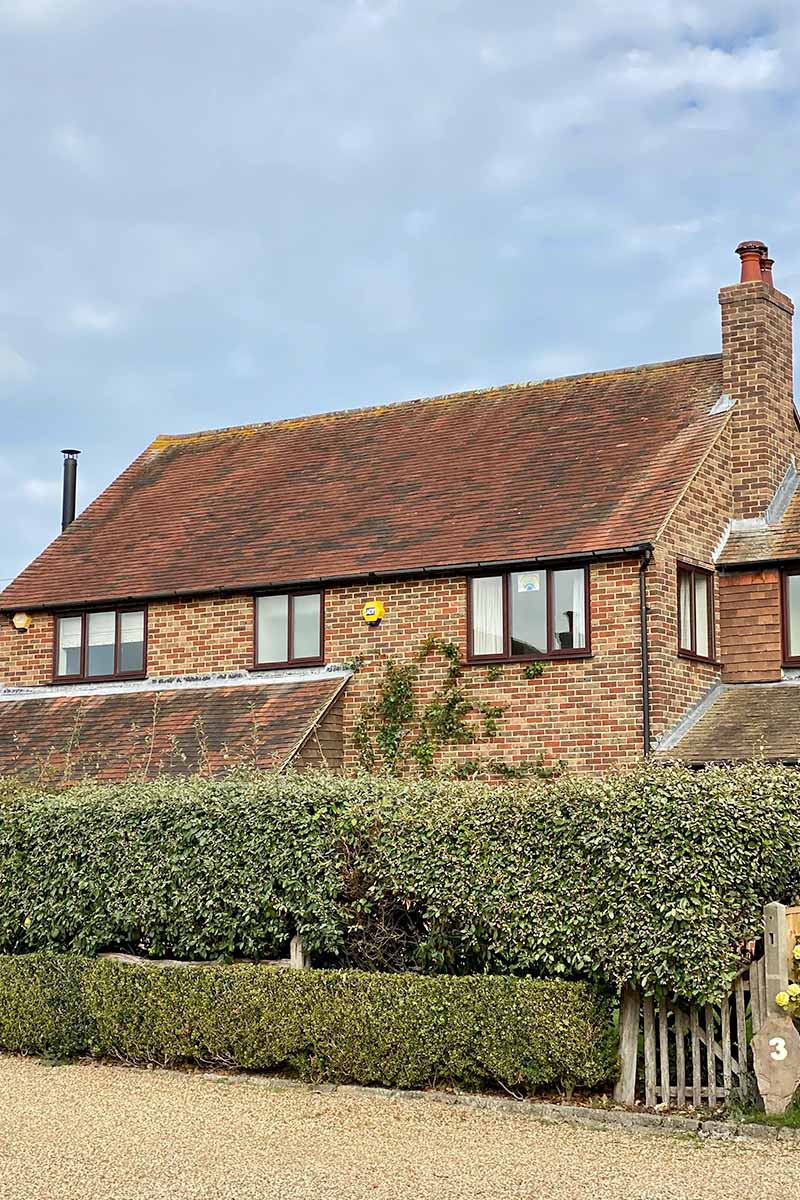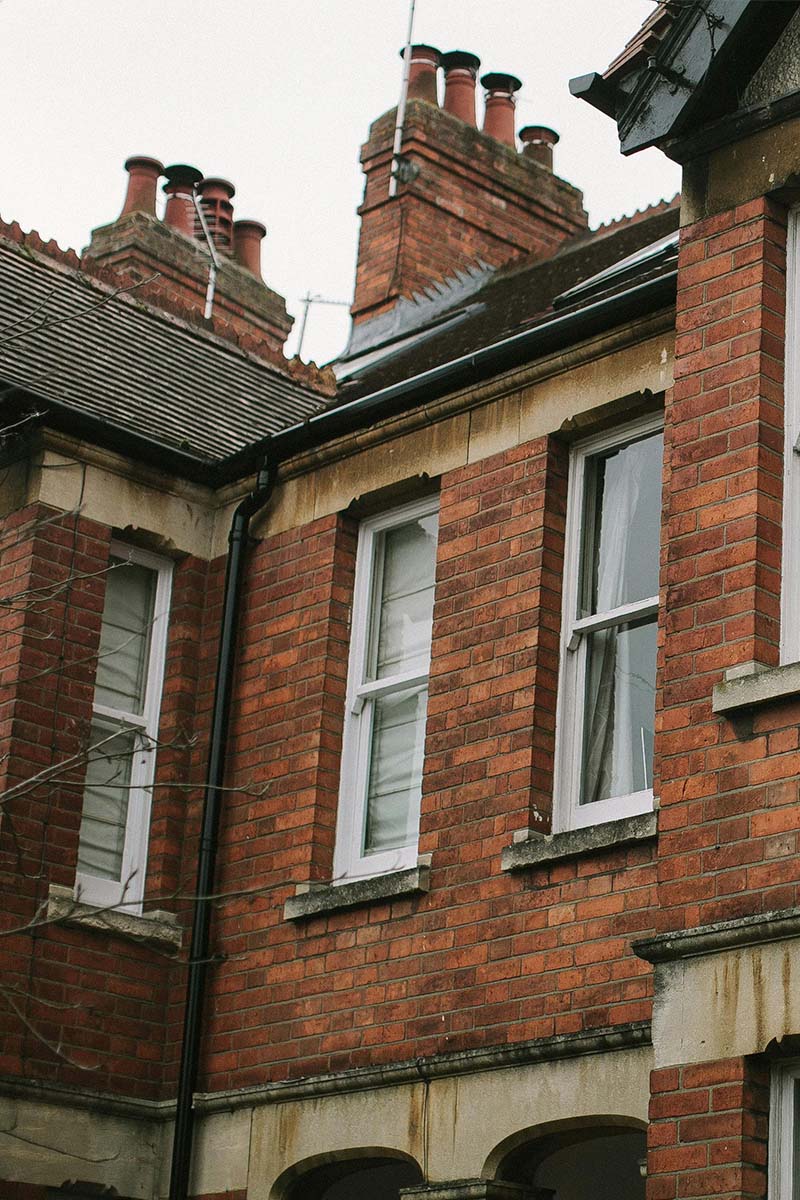Will I have to sell my house if I get divorced?
If you're going through a divorce or separation, the future of your home will likely be one of the most pressing concerns. Whether or not you’ll need to sell depends on how the property is owned, your financial situation, whether children are involved, and if you can reach an agreement with your former partner. You do not automatically have to sell, but it may be the most practical solution in some cases.
Selling your home in divorce isn’t a given. Here’s what matters:
- If the home is jointly owned, both parties must agree to sell unless a court decides otherwise.
- If it’s owned by one person, the other may still have home rights, especially if you’re married or have children.
- Courts only force a sale as a last resort when no agreement can be reached.
- Many couples agree to sell voluntarily, or delay the sale until children reach adulthood or the resident partner remarries.

What happens to the house in a divorce?
There are several possible outcomes, depending on the ownership structure and your circumstances:
- You sell the house and divide the proceeds — often the cleanest option.
- One person buys out the other’s share — keeping the property with one partner.
- A sale is delayed — often with a court order (e.g. until children turn 18).
- The property is transferred — as part of a wider financial settlement.
You’ll usually decide these outcomes as part of your overall divorce agreement. If you can’t agree, the court will intervene.
Who decides whether the house is sold?
Even if one person is the legal owner, the other may have what’s known as ‘home rights’ — which can be registered to protect their ability to stay in the property. This is especially relevant if you have children together. Learn more about home rights on GOV.UK.
Will the court force us to sell the house?
Not usually — at least not straight away. Courts typically treat a forced sale as a last resort, and will first consider:
- Whether children live in the home.
- Whether either person would be left without a place to live.
- Whether it’s possible to delay the sale until a future event (e.g. youngest child turns 18).
However, if no agreement can be reached and no alternative is fair to both sides, the court can and will order the house to be sold.
What if I want to keep the house?
If you’d prefer to stay in the home, there are a few options — depending on what’s agreed in your settlement:
- Buy out your former partner’s share, if you can afford to take on the mortgage.
- Offset the house’s value against other assets, such as pensions or savings.
- Request a delayed sale, particularly where young children are involved.
You’ll need to check whether your mortgage lender will allow the transfer, and seek legal advice to protect your financial position.
How long can I stay in the home during divorce?
You typically have the right to stay in your home during the divorce process, whether you own it solely or jointly. Unless a court decides otherwise, you can usually remain in the property until a financial settlement is reached or finalised by court order.
Here’s what to know:
- Home rights apply until divorce is settled: Both spouses generally have legal rights to occupy the marital home until a formal agreement or court decision is made.
- Children do not guarantee long-term stay: The court may delay a sale for the sake of children, but this is not guaranteed by law.
- Temporary occupation is standard: Your right to stay is typically temporary and tied to the divorce timeline.
- Court can intervene if needed: If there’s no agreement, the court can order who stays, or order a sale or delayed sale.
- Safety concerns may lead to occupation orders: In serious cases, the court can restrict access to protect one party.
Summary table
Save time and hassle by selling your home with us
Get a guaranteed cash offer on any property in England and Wales. All you need to do to get started is enter your address below.
What if we’ve agreed to sell?
Selling the house can be the cleanest way to divide assets, especially if:
- Neither person can afford to buy the other out.
- A fresh start is best for everyone involved.
- The property is tied to a joint mortgage.
If that’s the case, you’ll want a smooth and stress-free sale. We can help you avoid delays, buyers pulling out, and drawn-out negotiations.
When do most couples sell?
Some couples sell right away and split the proceeds. Others wait — either by mutual agreement or by court order. It’s common to delay the sale until:
- Children are older or finish school.
- One partner remarries or moves out.
- A financial situation becomes more stable.
Each case is different. That’s why legal advice is important.
Could I keep my house after divorce if I own it solely?
If the house is in your sole name, you may have a stronger claim to keep it, but that doesn’t mean your spouse has no rights.
- Marital asset status: Even if the home is in your name, it may still count as a marital asset and be subject to division.
- Financial settlement: You may need to offer other assets or a lump sum to retain the property.
- Children’s needs: The court will prioritise their housing stability.
- Home rights: Your spouse may still have the right to stay until the settlement is complete.
Quick summary
Useful links for divorce and property
We’re not legal experts, and property division during divorce is a legal matter. These resources can help you explore your rights further:
- GOV.UK – Money and property when you divorce or separate
- Citizens Advice – What happens to your home when you separate
- HomeOwners Alliance – Selling a house after divorce
- Brethertons Solicitors – Will I Have to Sell My House if I Get Divorced?
Thinking about selling the property?
If you and your former partner have agreed to sell, or if it’s the only viable option, we can help you move on quickly and fairly.
We offer:
- A chain-free, stress-free sale from start to finish.
- A guaranteed final offer within 48 hours of valuation.
- Flexible completion timelines
- No legal fees when you use our partner solicitors
Property owners are choosing Habello for a faster, easier and less stressful way to sell
Sell your home quickly for cash by accepting an offer just below market value. See how we compare to your other options by using the calculator below.
Related guides
Bring yourself up to speed with our property guides.





